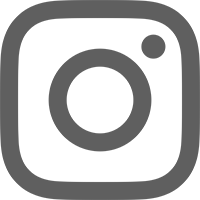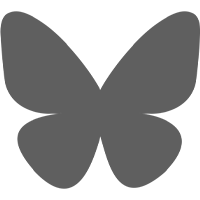Arian Saraie: I like to cook. Cutting, peeling pumpkin, peeling potatoes and putting them in water.
Bettina Onderka: I’ve always been interested in art and minerals, stones - everything that’s connected to nature.
Maria Clara Horvath: What’s important in my life is my husband - most important: my family.
Maria Schwarr: It’s important to me that people with learning difficulties are made visible.
Peter Hacker: As the City of Vienna, it is important to us to be a city of solidarity, a city of togetherness. Whether small, large, fat, thin, young or old - or people with or without disabilities.
Dennis Beck: The topic of people with disabilities and living without being disabled in our city is, for health promotion - and therefore also for WiG - a cross-cutting issue. We make a great effort to consider and include it in all our projects and programs.
Peter Hacker: People with disabilities have already been given quite a “heavy load” in life, and that’s why it is our task, in a modern disability policy, to at least try to make the barriers - the disabling aspects - these people face in everyday life as minimal as possible or, if possible, to eliminate them altogether.
Markus Ladstätter: We support people with disabilities in leading an independent, self-determined life and advise them on how they can achieve and implement that.
Maria Nimführ: Doctors today no longer have the time to explain everything - and that’s what the self-help group provides. We have experience, because most of us are either affected ourselves or have someone in the family who is. So it’s really important to pass that on.
Christine Reinhardt: That I get to know others too - because there are so many - that’s something I really like. That’s why I think it’s great that SUS exists as a resource.
Dennis Beck: The Self-Help Support Center SUS Vienna informs, advises, also helps with the founding of new groups, and organizes continuing education for those active in self-help and in the disability sector.
Eva Walcher: The Parkinson’s Self-Help Group Vienna helped me live in this community and be together. That is very, very beautiful.
Dennis Beck: There are many people in this city who, for many years, have been committed to enabling a life as free from disability as possible for people with disabilities. And I would like to highlight two people in particular: Theresia Haidlmayr was a long-time member of the Independent Living Movement. In 2006, the long struggle of Theresia and her fellow campaigners for a federal disability equality law ended successfully. Theresia was also a very dear friend of mine and sadly passed away on June 13, 2022, after a serious illness. Herbert Pichler was involved for decades in the union and the disability movement. One of Herbert’s greatest achievements was the inclusion package adopted in 2017. Far too early, Herbert died in a car accident on April 3, 2021.
Karlo Palavra: There should be a dedicated school subject where children are exposed to different types of disabilities from an early age. Then people wouldn’t be so afraid.
Klaus Widl: Without education, without inclusion, there is no equal opportunity for participation. That starts in kindergarten and school and continues with further education and in the workplace.
Thomas Posch: What I would really love is for us to be heard more often—or to be taken more seriously.
Karin Prusa: A major barrier is the availability of interpreters. There are far too few, and interpretation costs are not always covered.
Peter Hacker: People without disabilities often don’t even see the everyday barriers. And that also means being willing to engage in critical dialogue. Personally, I appreciate that critical dialogue because it helps us move forward together. And that, in the end, is what it’s all about.
Sigrun Schwab: In our kindergarten in the Stadtpark, inclusion is really lived and practiced.
Peter Hörmann: I joined a bowling club where we participate with various disabilities, or with few or no disabilities - and I must say, it’s just great.
Markus Ladstätter: It’s a good feeling to walk through Vienna and, over the years, see what you’ve actually been able to achieve. That really fills you with pride.
Cathrin Sedhoum: I love being around people with and without disabilities. It’s the most beautiful thing that has ever happened.







